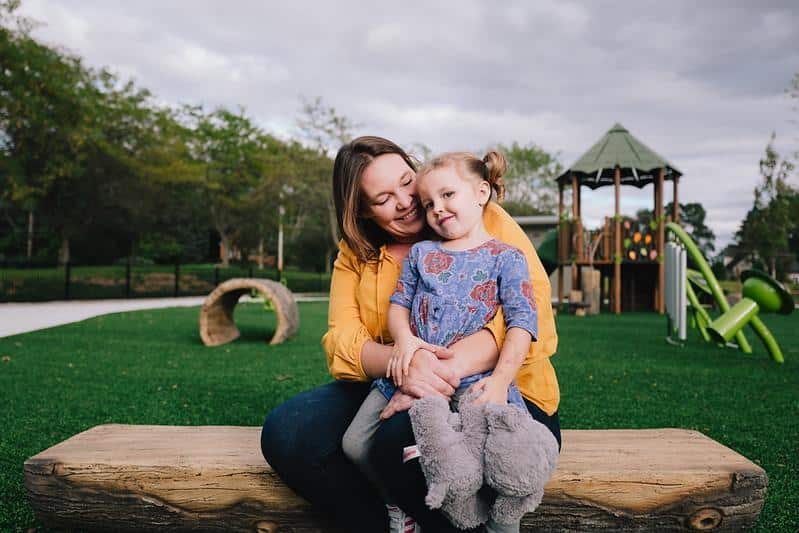 – Caregivers, especially parents, often spend so much time focused on the well-being of others, they neglect to take a break for their own mental health. According to KinderCare’s Parent Confidence Index, 51% of parents feel that they never get a break from parenting. As a result, their energy decreases, their emotional tank runs close to empty, and they can struggle to be at their best for their families.
– Caregivers, especially parents, often spend so much time focused on the well-being of others, they neglect to take a break for their own mental health. According to KinderCare’s Parent Confidence Index, 51% of parents feel that they never get a break from parenting. As a result, their energy decreases, their emotional tank runs close to empty, and they can struggle to be at their best for their families.
As caregivers, it’s important to take care of oneself to show up each day and care for the needs of children. Simply put, you can’t pour from an empty cup. Guilt often creeps in for parents when they prioritize their own needs; however, it’s ultimately creating a win-win scenario because doing so teaches children how to keep their own mental health top of mind. May is Mental Health Awareness Month and a great time to start practicing.
Here’s a few tips on how to care for your own mental health amid the parenting frenzy:
- Start small. Simpler habits seem to . Even if it’s a few days a week or a few minutes a day, taking the first step of refueling and restoring your energy is a good start. Whether it’s journaling, gratitude recognition, exercising or reading, it’s not about what you choose to do as a reset, it’s more about the intentionality of taking the time to do it.
- Ask for help. Talk with a loved one about your needs and goals. Ask them to not only help remind you to take breaks but encourage you to do so. Accountability can be a fundamental step in ensuring your positive wellbeing as a caregiver.
- Lean into existing resources. Utilize resources around you, such as your child’s child care center by extending their day in care a few days a week for 15-30 minutes. Having peace of mind of knowing that they’re somewhere safe and secure while you take a break is important.
- Set expectations with your children. Share what it will look like for them while you are taking time for yourself. Reassure them you will return to play, read a book or sing silly songs. Explain what they can do, who can help them if needed and when can they expect you back. Express that “this is what I need to help my body and mind feel strong.”
- Be a role model. As any teacher or parent knows, children mimic their caregivers’ behaviors and are in-tune with the attitudes and moods of those surrounding them. In time, they will learn how to take time for themselves by watching you create intentionality around it, and, in turn, will gain confidence in creating those moments for themselves.
For more tips on self-care and mental health for both parents and children, visit .




